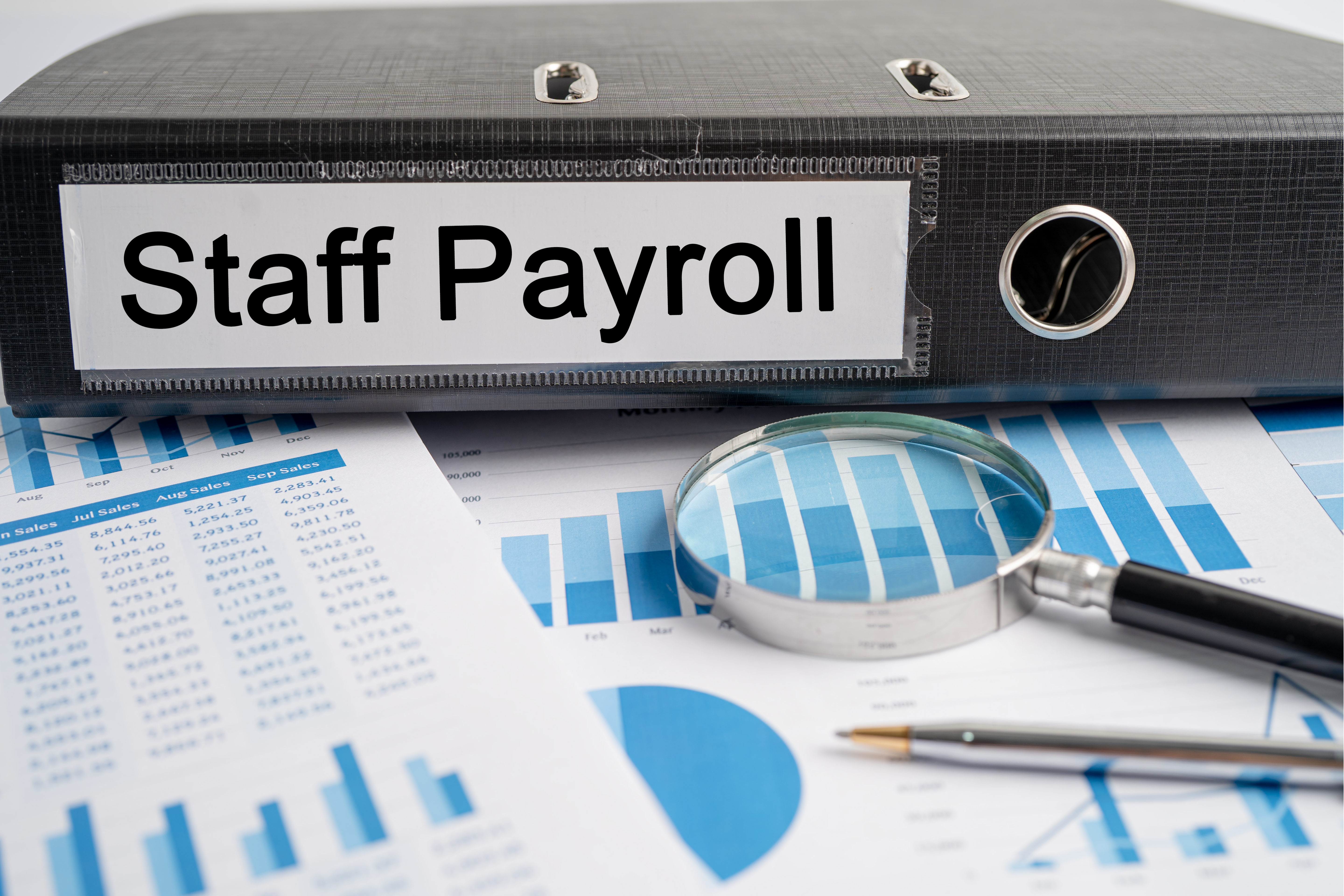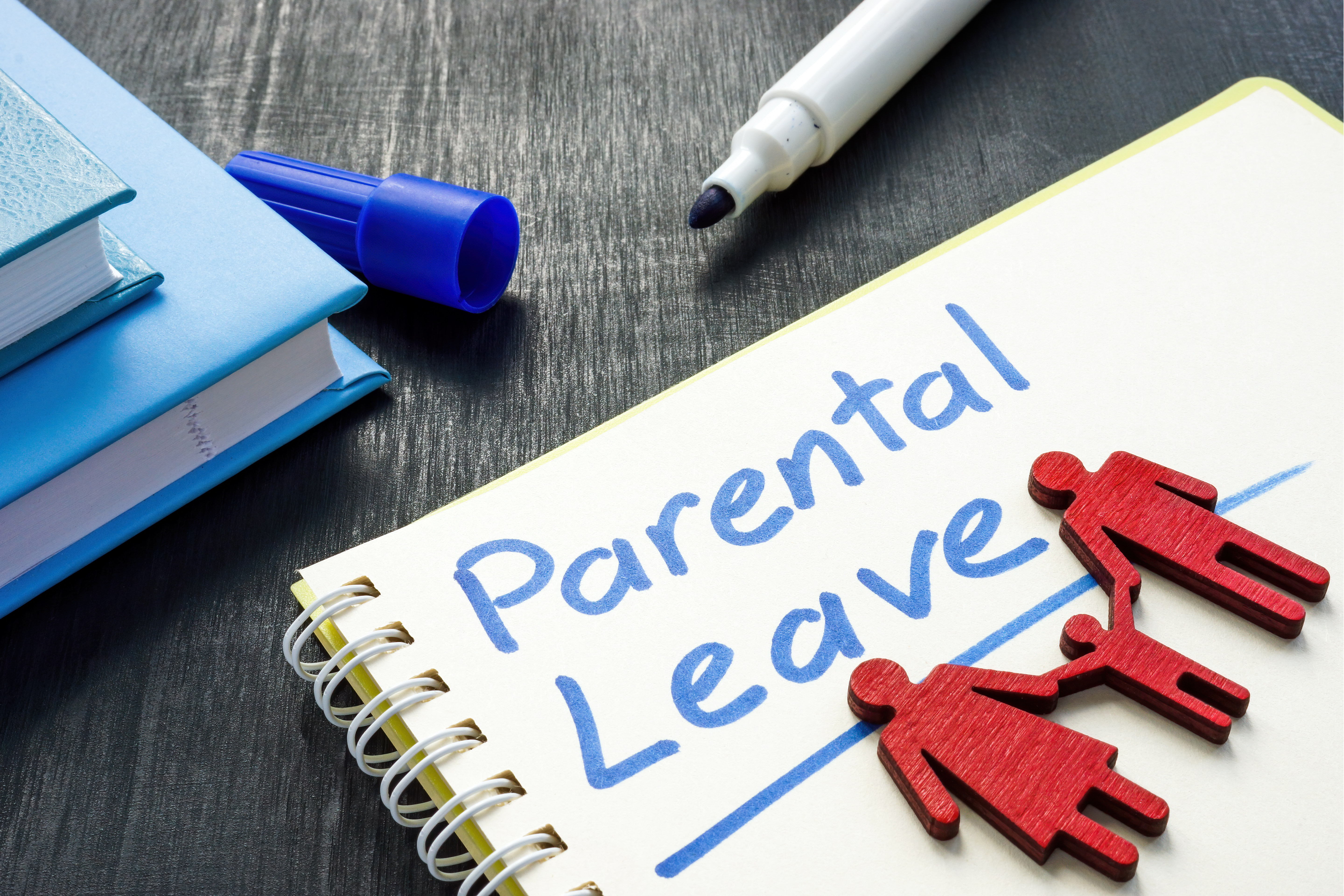Five Reasons Why Staff Lie About Sickness

Why staff lie about sickness
“I think I’ve got a bug.”
It’s that time of year again. One by one, your staff are asking for a recovery day at home with lemon tea and Netflix originals…
The first Monday of February is apparently ‘National Sickie Day’ i.e. the day when workers are most likely to call in sick. Whether their flu is fact or fiction, well that’s for you to find out…
What we do know is that there are lots of reasons why we assume staff fake sickness. One too many beers the night before. A day out with friends they don’t want to miss. They need to catch up on chores…
Whilst these reasons can all be true and have grounds for disciplinary if proven, it’s not always that clear cut.
Sometimes, staff fake sickness because of personal issues they don’t want to share or they’re disconnecting from the role. And at that point, it’s not a ‘them’ problem anymore, it’s yours.
The question is: how do you tackle it? Well first, let’s weigh in on the top reasons why staff really lie about sickness.
1. They have a mental health problem they’re not telling you about.
Physical problems are easier to explain than mental health issues.
In 2021, businesses lost more working days to anxiety and depression than anything else. But because of the stigma, many people don’t know really how to deal with it.
If your worker is taking more and more time off, they could have a mental health issue they’re not telling you about. They might worry you won’t understand, or it will affect job stability and promotions.
That’s why you need to be open about mental health in your workplace as much as possible. By being a wellbeing champion for your staff, you’ll help them feel more comfortable having those tough conversations.
And you can go one step further with a wellbeing policy and an employee assistance programme (EAP). This is a great way to give your staff the ability to find and access support without the pressure of reaching out directly to you.
2. They’re burnt out.
Sometimes, staff call in sick because they need to recharge.
When work pressures get too much, people might work longer hours and sacrifice sleep to meet deadlines. And this isn’t something anyone can keep up forever.
That’s why you have to keep checking in with your workers regularly and monitor their workloads. If someone is struggling to get work done in their hours and keeps taking sick leave, they may have too much on their plate.
Burnout can cause mental and physical problems for staff, so you need to keep on top of this.
Pull your worker aside for a chat if you spot signs that they’re overwhelmed. This can help nip the problem early before they start looking for reasons to avoid work.
3. They’re unhappy with the job.
When a worker isn’t happy in their job, they won’t want to do it. It’s as simple as that.
Sometimes, people feel unhappy at work because:
- they’re not enjoying it
- they’re bored of doing the same task over and over
- they don’t feel appreciated
- they don’t get on with co-workers
- they don’t see how they can progress
In many cases, you can help resolve the above just by communicating.
Make sure you have regular one-to-one chats and performance reviews with your staff. It’ll help you understand what they need from you to do their best work and what they like and don’t like about the job. Plus, it gives you both opportunities to voice and take steps to tackle any issues or concerns.
It might be that you need to give them some more variety, they need goals to work towards, or a mediator if they’re butting heads with a colleague.
4. They don’t like the culture.
Sometimes workplaces can become toxic.
There’s no one specific reason why this happens. But usually, it stems from poor management, bullying, and bad practices. And if the work environment is toxic, you can expect to see huge dips in productivity, morale, and overall success.
At that point, your employee faking a tummy bug is a small dent in a much wider issue.
In a toxic environment, there’s typically very little communication and very high levels of stress. Staff might constantly be under pressure to meet unrealistic targets. They might not feel like anyone hears or cares about their needs. And usually, these things end in threes. Burnout, genuine sickness, and people handing in their notice.
To help prevent toxicity, you have to lead by example.
When you’re aware of issues, you can be prepared to make changes. So, keep up communication. Listen to staff and take on board their ideas. Make them feel heard and recognise when they do something good.
And if you discover or suspect there’s bullying and harassment going on, act immediately. Address it and help prevent it from happening by having strict policies in place.
Build a healthy, nurturing environment and you’ll build a more present, more engaged workforce.
5. You don’t have a proper sickness policy.
Taking sick leave should always be for a genuine reason. And with a policy, you can help deter suspicious absences by adding a process where your staff have to notify you. So, they can’t just text – they have to call you in sick.
You can also outline your rules around:
Return to work interviews – A return to work interview helps you understand your employee’s health and their needs. If this is a face-to-face chat, it might prevent staff lying about their illness to you.
Providing proof – This could be a sick note from a GP. All staff have to provide this after seven days of absence.
When you set rules and expectations, staff are more likely to take sick leave seriously. And if the reasons for the absence are more serious, it gives you the chance to address those issues with your worker and find ways to support them.
For more information about how to address sickness in your company, or if you need assistance setting up a Sickness policy for your staff, ask us for more information on our HR partner Peninsula.
Article provided by Peninsula.








Comments